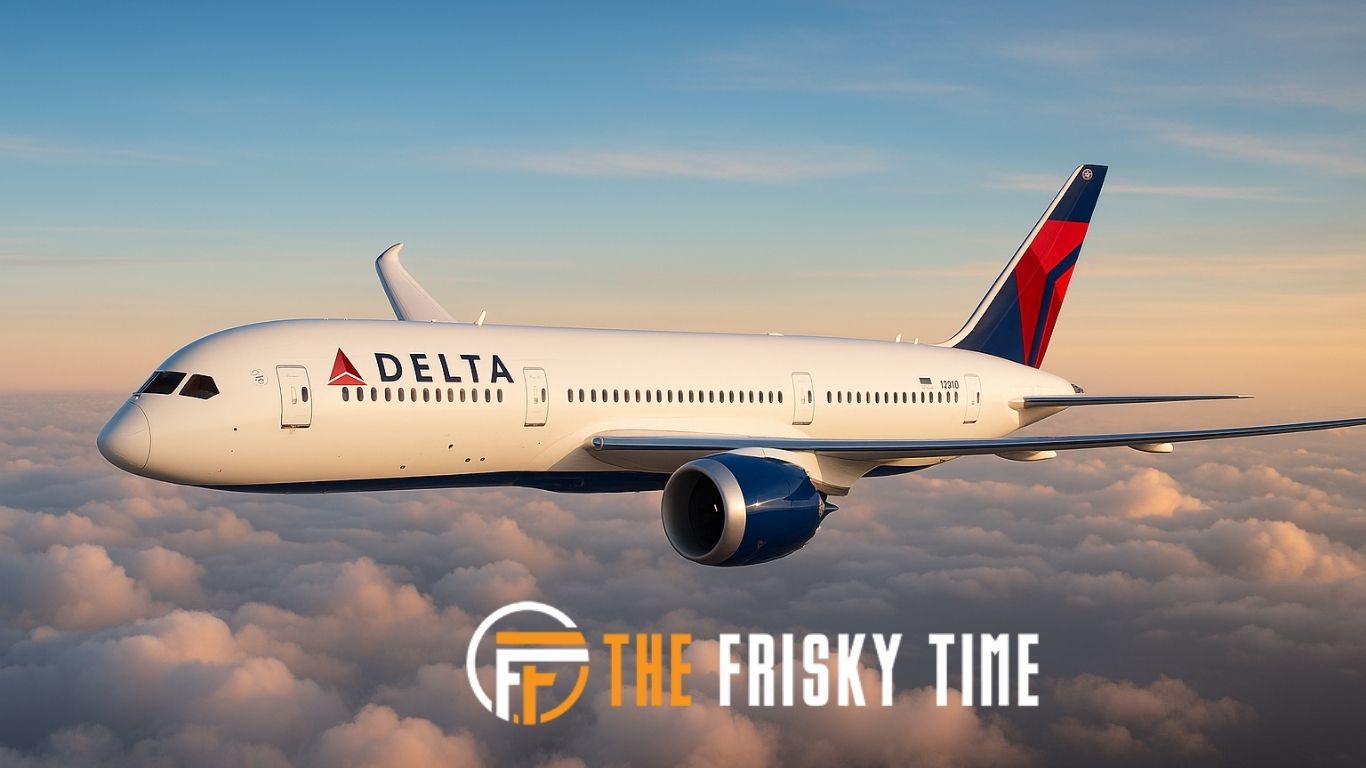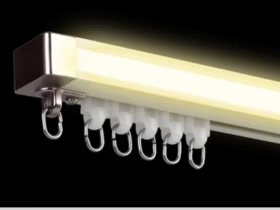Delta Air Lines is one of the most recognized and respected names in global aviation. Known for its vast route network, customer service, and operational excellence, it has become a major player in both domestic and international travel. But for many travelers and aviation enthusiasts, a common question arises: Which country owns Delta Air Lines?
The answer is straightforward — Delta Air Lines is an American airline, owned and headquartered in the United States. However, the story of its ownership, history, and operations is much richer than a single sentence can explain. In this article, we’ll explore Delta’s origins, ownership structure, global reach, and what it means to be an “American” airline in today’s interconnected world.
A Brief History of Delta Air Lines
Delta Air Lines was founded in 1924 in Macon, Georgia, originally as Huff Daland Dusters, the world’s first aerial crop dusting company. The company’s primary focus at the time was agricultural aviation — using aircraft to spray crops.
By 1928, the company moved to Monroe, Louisiana, and adopted the name Delta Air Service, inspired by the Mississippi Delta region. Delta began carrying passengers in 1929, with its first route between Dallas, Texas, and Jackson, Mississippi.
Over the decades, Delta grew into one of the largest airlines in the world through acquisitions, expansions, and a strong focus on customer service. Notable mergers include:
- Northwest Airlines (2008) — This merger made Delta the largest airline in the world at the time.
- Western Airlines (1987) — Expanded Delta’s presence in the western U.S. and into Mexico.
- Chicago and Southern Air Lines (1953) — Strengthened Delta’s southern U.S. and Caribbean network.
Today, Delta’s headquarters are in Atlanta, Georgia, and its main hub is Hartsfield–Jackson Atlanta International Airport (ATL), one of the busiest airports in the world.
Which Country Owns Delta Air Lines?
Delta Air Lines is privately owned by shareholders and incorporated in the United States of America. It is a publicly traded company listed on the New York Stock Exchange (NYSE) under the ticker symbol DAL.
This means there is no single “government” or “country” that owns Delta — rather, it is owned by individual and institutional investors who purchase its stock. However, because it is registered, headquartered, and primarily operated in the United States, it is legally considered an American airline.
Delta’s Ownership Structure
While there is no single owner, here’s an overview of how Delta’s ownership works:
- Institutional Investors — Large investment firms, pension funds, and mutual funds hold significant shares in Delta. Examples include The Vanguard Group, BlackRock, and Capital Research.
- Individual Shareholders — Everyday investors who buy shares on the stock market own small portions of the company.
- Employees — Delta has a long history of employee profit-sharing, meaning its workers benefit directly from the company’s success.
Importantly, U.S. law requires that at least 75% of voting control of a U.S. airline be held by U.S. citizens. This ensures that Delta remains American-owned and operated.
Why Delta’s American Identity Matters
Being an American airline affects Delta in several ways:
- Regulatory Oversight — Delta must follow U.S. aviation laws, safety regulations, and Federal Aviation Administration (FAA) rules.
- Bilateral Air Service Agreements — As a U.S. carrier, Delta benefits from international treaties that allow American airlines to operate in other countries.
- Brand Reputation — The “American” identity appeals to customers who trust U.S. safety standards and global service quality.
- Access to Domestic Market — Only U.S.-owned airlines can operate domestic flights within the United States.
Delta’s Global Presence
Although Delta is American-owned, it has a global footprint:
- Over 300 destinations in more than 50 countries.
- Major international hubs in Amsterdam (via partnership with KLM), London, Seoul, and Tokyo.
- Strong alliances with foreign airlines through the SkyTeam Alliance — including Air France, Korean Air, and Aeroméxico.
Delta also owns stakes in several foreign airlines, such as:
- Aeroméxico (Mexico)
- LATAM Airlines Group (South America)
- Air France-KLM (Europe)
- Virgin Atlantic (UK)
While these investments give Delta influence in other markets, they do not change its U.S. ownership status.
Delta’s Role in the U.S. Economy
Delta is more than just a transportation company; it’s a significant contributor to the American economy:
- Employment — Over 90,000 employees worldwide, most of them in the U.S.
- Tourism Boost — Delta connects international travelers to U.S. cities, boosting local economies.
- Cargo Services — Delta Cargo plays a vital role in moving goods, including medical supplies and perishables.
Delta’s Public Company Status
Because Delta is publicly traded, its ownership can change daily as shares are bought and sold. However, U.S. law ensures it always remains majority-owned by U.S. citizens or entities.
Delta’s financial transparency also means that anyone can look up its annual reports, shareholder structure, and performance through public filings with the U.S. Securities and Exchange Commission (SEC).
Misconceptions About Airline Ownership
Some travelers believe that because Delta has partnerships with foreign airlines, it might be “partly foreign-owned” in a controlling sense. This is not true.
While Delta invests in and partners with airlines abroad, these are minority stakes. Delta remains fully under U.S. jurisdiction and ownership rules. The partnerships simply allow it to offer more routes and seamless travel for customers.
Delta’s Commitment to Its American Roots
Delta emphasizes its American heritage in its branding, corporate culture, and service philosophy. The company is deeply tied to Atlanta, where it supports community initiatives, education programs, and local charities.
During times of crisis, such as natural disasters or public emergencies, Delta often works alongside U.S. government agencies to provide aid, transport relief supplies, or assist with evacuations.
Key Facts About Delta Air Lines Ownership
| Fact | Detail |
| Country of Incorporation | United States |
| Headquarters | Atlanta, Georgia, USA |
| Stock Exchange Listing | New York Stock Exchange (DAL) |
| Majority Owners | U.S.-based institutional & individual investors |
| Government Ownership | None |
| Foreign Ownership Limit | Max 25% voting control by non-U.S. citizens |
Conclusion
To answer the question clearly: Delta Air Lines is an American-owned airline, headquartered in Atlanta, Georgia, and incorporated in the United States. It is a publicly traded company owned by a mix of U.S. institutional investors, individual shareholders, and employees—with no single government or foreign entity in control.
While Delta operates globally and has investments in foreign airlines, U.S. federal law ensures it remains majority American-owned. This status affects its ability to operate domestic flights, comply with U.S. regulations, and benefit from international agreements.
Whether you’re boarding a Delta flight from Atlanta to New York or from Paris to Los Angeles, you’re flying with an airline whose roots, identity, and ownership are firmly planted in the United States.
FAQs:
1. Which country owns Delta Air Lines?
Delta Air Lines is owned by shareholders in the United States and is headquartered in Atlanta, Georgia. It is considered an American airline.
2. Is Delta Air Lines government-owned?
No. Delta is a privately owned, publicly traded company listed on the New York Stock Exchange (NYSE) under the ticker DAL. The U.S. government does not own or operate it.
3. Can foreign investors own Delta Air Lines?
Yes, but U.S. law limits foreign ownership of U.S. airlines to no more than 25% of voting control. This ensures Delta remains majority-owned by U.S. citizens and entities.
4. Does Delta own any foreign airlines?
Delta owns minority stakes in several international airlines, including Aeroméxico, LATAM Airlines Group, Air France-KLM, and Virgin Atlantic. However, these partnerships do not change Delta’s U.S. ownership status.
5. Where is Delta Air Lines headquartered?
Delta’s headquarters are located in Atlanta, Georgia, USA, with its primary hub at Hartsfield–Jackson Atlanta International Airport (ATL).
Read more: united airlines flight ua770












Got a Questions?
Find us on Socials or Contact us and we’ll get back to you as soon as possible.